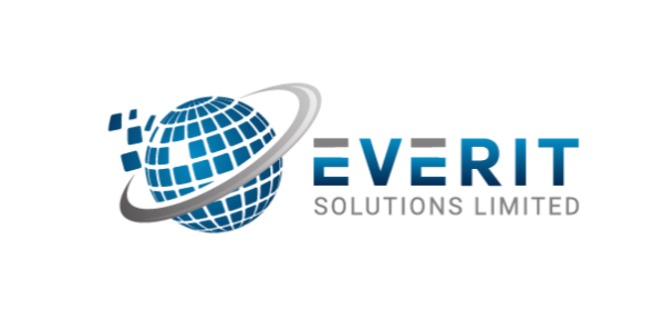Service Details
Our Services cover a broad range of offerings that support, enhance, and optimize technological solutions for individuals and businesses.
Serices List
Software QA & Testing
Software QA (Quality Assurance) & Testing services focus on ensuring that software applications meet the required standards of quality, functionality, performance, and security. These services are crucial in identifying defects, ensuring user satisfaction, and preventing issues before software is released to the market.

Software QA & Testing
Functional Testing:
- Unit Testing: Testing individual components or modules of the software to ensure they function correctly in isolation.
- Integration Testing: Ensuring that different modules or services of the application work together as expected.
- User Acceptance Testing (UAT): Verifying that the software meets user needs and business requirements, often with real users involved in the process.
- Regression Testing: Testing existing functionality after updates or changes to ensure no new issues are introduced.
Performance Testing:
- Load Testing: Evaluating the software’s ability to handle expected user loads without performance degradation.
- Stress Testing: Testing the software under extreme conditions to identify its breaking point and ensure it fails gracefully.
- Scalability Testing: Determining how well the software can scale up to accommodate increased loads, such as more users or transactions.
- Response Time Testing: Measuring the time it takes for the system to respond to user actions or requests.
Mobile Application Testing:
- Device Compatibility Testing: Testing the app on various mobile devices to ensure it works properly on different screen sizes, resolutions, and hardware configurations.
- Network Testing: Assessing the app’s performance under varying network conditions (2G, 3G, 4G, Wi-Fi, etc.) to ensure stability and responsiveness.
- App Store Compliance Testing: Ensuring that the app meets the guidelines and standards of app stores (Apple App Store, Google Play) to prevent rejection during the approval process.
Security Testing:
- Vulnerability Assessment: Scanning the software for known vulnerabilities, such as SQL injection, cross-site scripting (XSS), and insecure authentication.
- Data Encryption Validation: Ensuring that sensitive data is properly encrypted, both in transit and at rest, to prevent unauthorized access or data breaches.
- Penetration Testing (Pen Testing): Simulating real-world attacks to identify potential security gaps and weaknesses.
Automation Testing:
- Test Automation Framework Development: Designing and developing automated testing frameworks that support continuous integration/continuous deployment (CI/CD) pipelines.
- API Testing: Using automation tools to validate that APIs (Application Programming Interfaces) function correctly and return the expected results.
